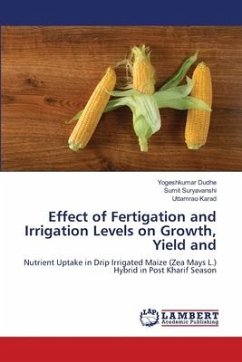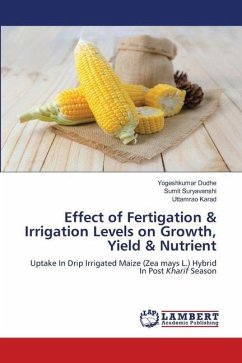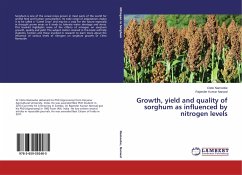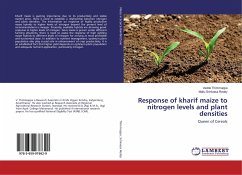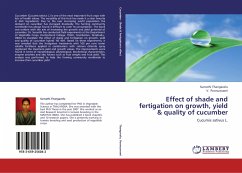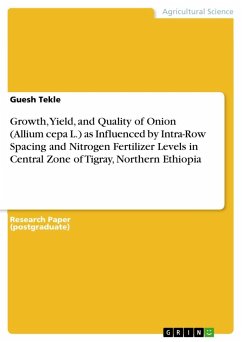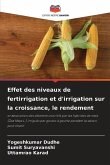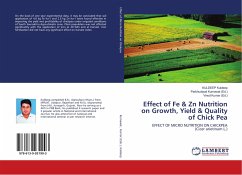Maize is called "Queen of Cereals" because of its productive potential compared to any other crop. Maize has the highest average yield per hectare particularly in the tropics and sub-tropics. The maize is cultivated throughout the year in different parts of the country for various purposes including grain, fodder, green cobs, sweet corn, baby corn, popcorn etc. Maize is multipurpose crop, provides food for human beings, feed for animals and poultry birds. It has high nutritional value as it contains about 72% starch, 10% proteins, 4.8% oil, 8.5% fiber, 3.0% sugar and 1.7% ash. Fertigation has been found as one of the most successful ways of water and nutrient particularly N, P, K and micronutrient applied through the drip irrigation system. The right combination of water and nutrients in fertigation is the key for high yield and quality of cereal crops. Through a fertigation can be injected one or more fertilizers in a small amount with irrigation water and applied at various frequencies (every 10 days interval), depending mainly on crop type, fertigation system design, soil type and on grower preference.

